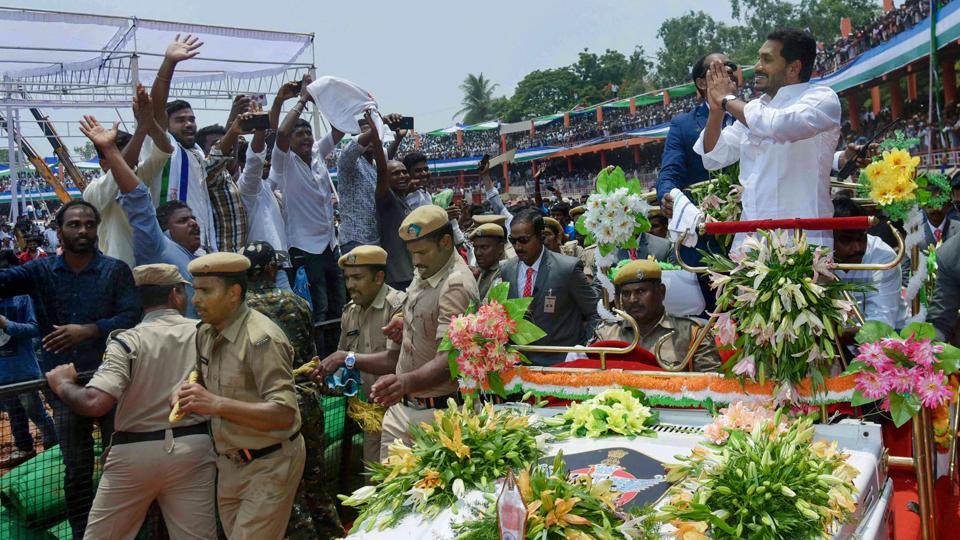Last Friday, the Election Commission of India (ECI) deemed the Shiv Sena’s 2018 constitution, which had not been submitted to the polling body, to be undemocratic because it gave the party’s leader too much power. However, this was not the reason why the ECI ruled that the Eknath Shinde faction of the party was the true Shiv Sena (support of legislators and parliamentarians tiled the balance).
Deccan Era has learned that the poll panel’s earlier objection to making Andhra chief minister Jagan Mohan Reddy the Yuvajana Sramika Rythu Congress (YSRC) party’s lifetime president, a resolution passed at the party’s plenary session in July 2022, prompted the party to issue a clarification in November stating that this was not the case.
After the clarification, which has not been previously publicised, Deccan Era has learned that ECI is reviewing the party’s constitution in order to include it in their archives.
“Although all parties may propose modifications, the European Commission cannot recognise undemocratic moves. Two problems were brought to our attention: the name change (the party elected to continue with the shorter version of its name, YSR Congress Party) and the lifelong presidency (to Jagan Reddy). If the YSR party had pursued the lifelong presidency, we would have had to delist them for violating democratic principles as specified by the Representation of the People Act, a senior official of the election commission said on condition of anonymity.
In a letter to ECI dated November 4, the party stated, “YSR Jagan Reddy was elected for only five years.” Unnecessarily, the media emphasised that he was elected for life. We have complete faith in democracy and constantly adhere to its values.” This was in response to a September directive by the polling panel to officially explain reports that Reddy would become president for life.
In its order, ECI stated, “Any action that denies the periodicity of elections is in complete breach of the Commission’s existing orders.” “If not unequivocally refuted, it has the potential to cause doubt among other political forms over the Election Commission of India’s approval of such a move (which is extensively reported in the media), which can then take contagious proportions.”
When approached, a YSR party official stated, “Some party members were unaware that this is prohibited. Hence, they proposed this resolution. But when they realised it was forbidden, they returned it.”
The decision and clarification delayed the election commission’s examination of the party’s constitution.
A second ECI official stated that, in general, larger parties tend to adhere to the regulations, whereas smaller, regional parties tend to ignore them. This individual stated that the latest order in the Shinde case may require all parties to ensure that their current constitution and organisation are reflected in ECI’s records.
In Friday’s order against the Shiv Sena, the Election Commission of India (ECI) stated: “… In a political party, qua an organisation, in itself should be a compelling basis for all national and state recognised parties to regularly disclose to public at large the key aspects of its inner party functioning, such as organisational details, holding of elections, being compliant with the conditions of registration, to follow the extant guidelines prescribed by the ECI for political parties, and to ensure that their websites are accessible to the general public
The second official stated that ECI is supervising a “clean-up of all parties” that began with a crackdown on RUPPs (registered unrecognised political parties) and will hopefully result in all parties transitioning to democratic organisations.
